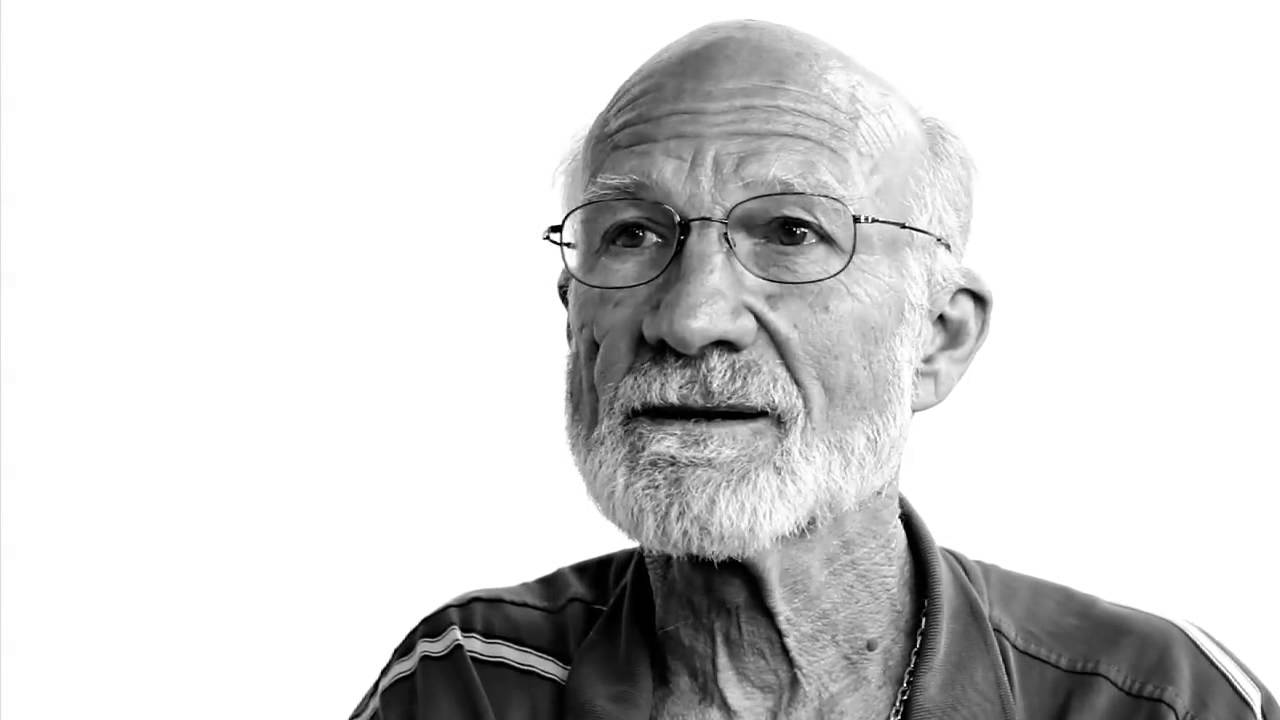One of the underlying questions behind much of Rod Dreher’s discussion of the Benedict Option so far concerns how we ought to think about a limited withdrawal from mainstream America in order to protect ourselves as orthodox believers against “corrosive modernity,” as Rod has put it.
There are many aspects to this question but one of the most important is this: Is the BenOp a short-term tactical maneuver to correct for unique contextual issues concerning the western church’s immediate situation or is it a more long-term, normative move meant as a sort of repentance for how the western church has related to mainstream culture?
Login to read more
Sign in or create a free account to access Subscriber-only content.
Topics:
